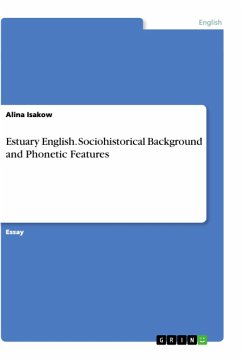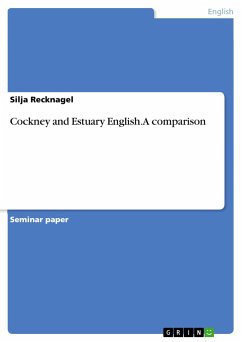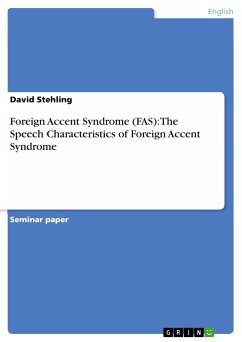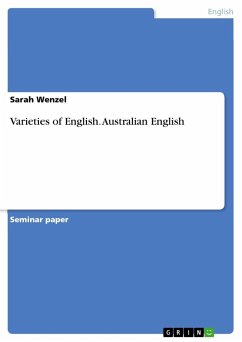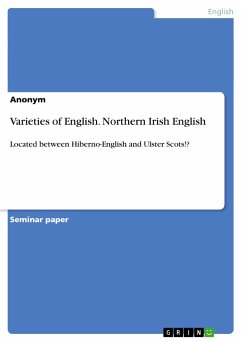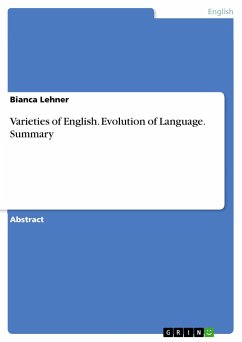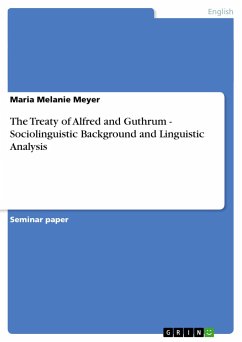Essay from the year 2021 in the subject English Language and Literature Studies - Linguistics, grade: 13,0, Justus-Liebig-University Giessen, course: Varieties of English around the World, language: English, abstract: This paper deals with Estuary English. Firstly, it analyses the beginning of ongoing changes, as well as with the controversies that arose as a result. Findings that were gradually discovered concerning phonetics are presented. This is followed by a discussion of sociolinguistic aspects. Here, both geographic and social spread are addressed. In addition, the role of Estuary English as an influence on Cockney (English regiolect in London) will be investigated.It is part of the process to take a closer look at one's own language again and again, to analyse changes, and then to dismiss them as a terrible development that needs to be destroyed. In this context, the news media like to act as the self-appointed mouthpiece of people. Thereby the belief is held that language development equates with the decline of language. This complaint tradition can be traced back to the 13th century.The language of the people at that time was Anglo-Norman English, which evolved from Norman French. The upper classes in England spoke French at the time and considered the language of the people to be uncultivated. In the 15th century, the printer William Caxton complained about the inconsistency of the English language and pushed the idea of standardization. While efforts were made to cultivate "good" language and to regard the standard as the only correct way of expression, there were nevertheless always contrary language developments which did not adhere to the standard. Especially concerning articulation, such a development can also be observed today in the southeast of England.The mixture of local Southeast English features with those of the standard was named Estuary English by David Rosewarne in 1984. Soon this "new" variety was attracting a great deal of public attention; a wave of reports and newspaper articles washed over England, all attempting to describe the phenomenon. This quickly led to a continuation of the complaint tradition and a fear of the decline of the English language.

